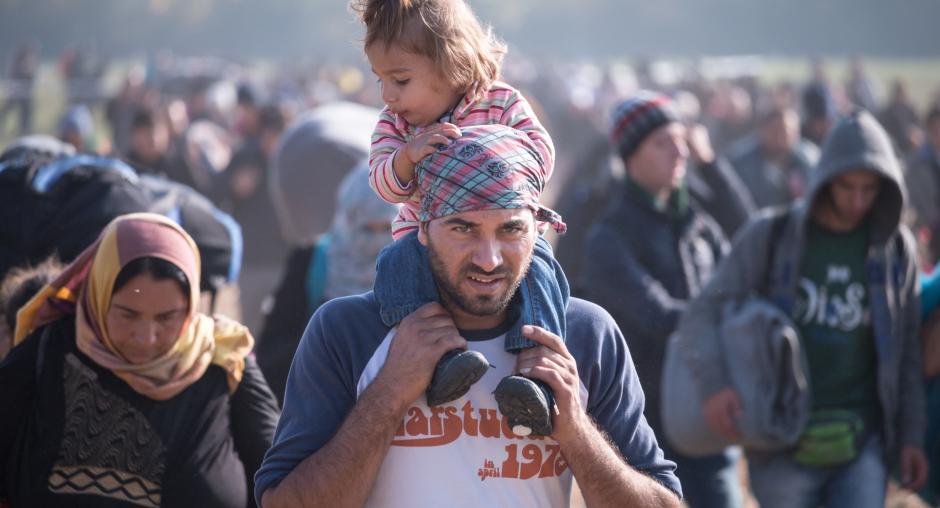Assistance to refugees in danger is an obligation, not a crime, OSCE human rights head says

WARSAW, 20 June 2019 - On World Refugee Day and amid ever more restrictive interpretations of international legal standards to protect people in search of international protection, the OSCE Office for Democratic Institutions and Human Rights (ODIHR) calls on governments to do more to ensure the primacy of human rights for all those seeking safety in our countries, so far away from home.
“Saving the lives of those in danger is an obligation and not a crime, or even a favour,” said ODIHR Director Ingibjörg Sólrún Gísladóttir. “We need greater co-operation between national governments, border control authorities, and civil society to ensure that more human lives are not lost.”
Even when refugees and migrants have reached safety, they often face intolerance and discrimination in hosting societies. “The right to life is paramount. But refugees also have the right to live free from fear of violence and discrimination,” said Gísladóttir. “Refugees can and do make an important contribution to our countries. However, this is only possible if we welcome their skills and experience into our societies.”
ODIHR’s Director also expressed solidarity with the civil society organizations and individuals who work to protect their rights, saying:
“These people are playing a vital role, but they are increasingly subjected to judicial harassment and criminalization, smear campaigns, threats and even attacks, right across the OSCE region. We must come to the defence of those who are defending the most vulnerable in our societies.”
The work of those defending migrant and refugees’ rights is particularly important at present, as pushbacks at borders become more frequent and some states make access to asylum procedures increasingly difficult, setting up legislative and administrative barriers as a deterrent to asylum seekers.
ODIHR works with countries across the OSCE to help defend migrant rights, and ensure that migration policies and legislation are effective and take into account the different needs of women and men as well as the special needs of children. At the same time, ODIHR also works to safeguard human rights defenders, enabling them to continue helping refugees and migrants, every day.
